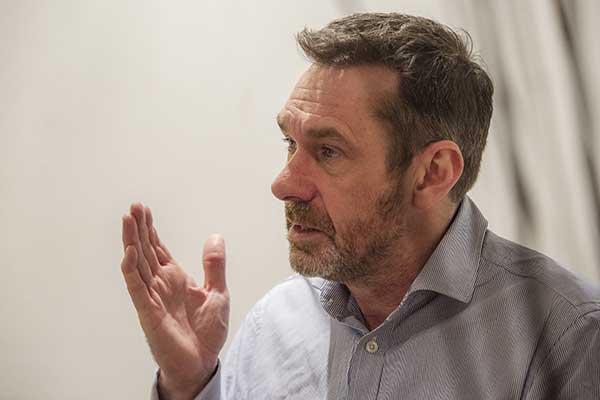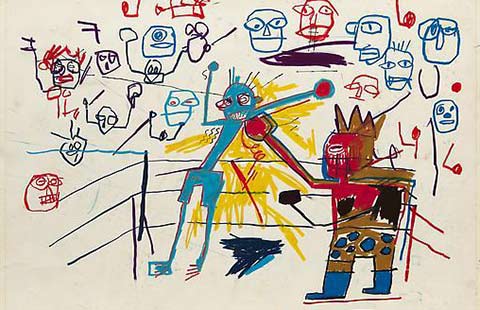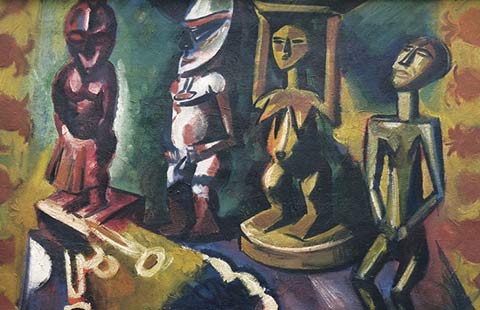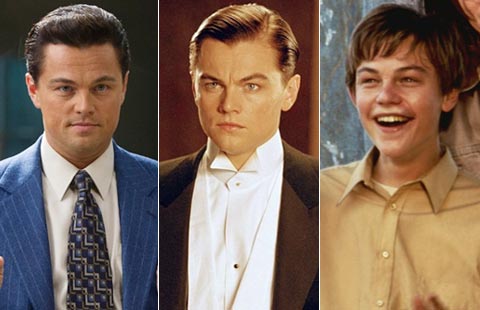The ongoing digital revolution may spell end of capitalism
By Andrew Moody ( China Daily ) Updated: 2016-03-02 08:48:30
 |
|
[Photo by Nick J.B.Moore/China Daily] |
"The upper reaches of the Chinese Communist Party do engage with all these things. They think very broadly and talk very aggressively about non-market technology. Certainly China's young people are engaging with technology."
Mason says far from all this being pie in the sky it could have v£ery profound implications for the way people live and, more importantly, work in less than a generation.
He believes that the Internet of Things-machines speaking to machines-will destroy white-collar as well as blue-collar jobs.
Instead of mass unemployment he believes the solution is for everyone to have a basic income from the state so they could do other things like community work, study or look after an elderly relative.
He says that the cost of giving everyone in the UK, as one example, 6,000 pounds ($8,357) a year would double the current benefits bill but there would be ways of offsetting the cost.
There would still be incentive to work with the minimum wage being set at a high level.
"The basic income is coming and it is a near-term issue. I had a debate with a bunch of rightwing economists a couple of weeks ago and they said it wouldn't work because people are naturally acquisitive and competitive and want to be richer than their neighbors. I said that I knew that was not the case because I grew up in a community that had real social solidarity," he says.
Mason was the son of a lorry driver and teacher and grew up in the relatively working-class town of Leigh in Greater Manchester in northern England.
In an unconventional career, he was a music teacher before switching to be a journalist on trade publications in the 1990s.
He came to prominence as an expert interviewee on the Dot.com crash and then landed the plum job as business correspondent of the BBC flagship news and current affairs program Newsnight. He moved to Channel 4 in 2013.
Mason, who has been described recently as a Renaissance Man and has recently become a specialist on the Greek crisis, believes neoliberalism of the past 25 years has been a disaster, resulting in millions having to endure low-paid employment while only a few have gotten rich.
He believes there is evidence even in the Kondratieff wave theory named after the Russian economist Nicolai Kondratieff, who Stalin eventually had executed, that capitalism is now incapable of moving on from the 2008 crash.
He argues financialization is an existential threat to the global economic system with the value of financial derivates globally rising from just $50 billion in 1991 to $38 trillion now when the real economy is just $70 trillion.
"It is like building a nuclear power station with a terrible management next to a village," he says.
Postcapitalism by Paul Mason (Allen Lane) will be published in paperback in June.
|
|
|
|
|
|
|
|





















 Raymond Zhou:
Raymond Zhou: Pauline D Loh:
Pauline D Loh: Hot Pot
Hot Pot Eco China
Eco China China Dream
China Dream China Face
China Face





